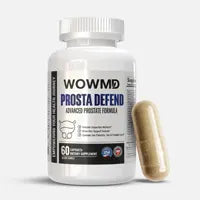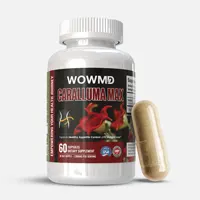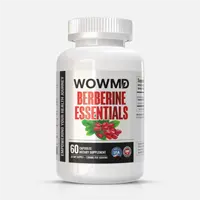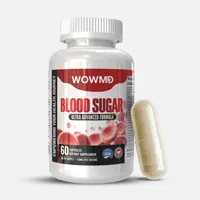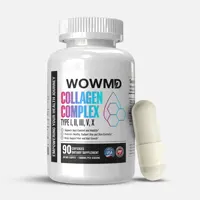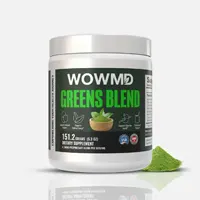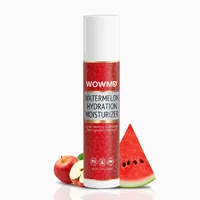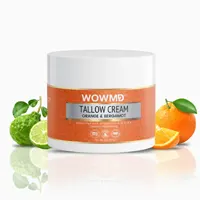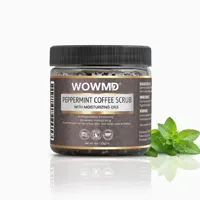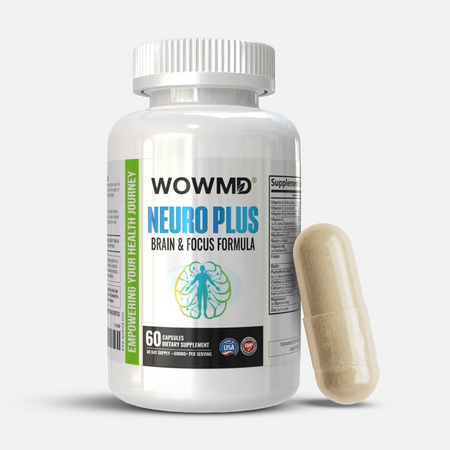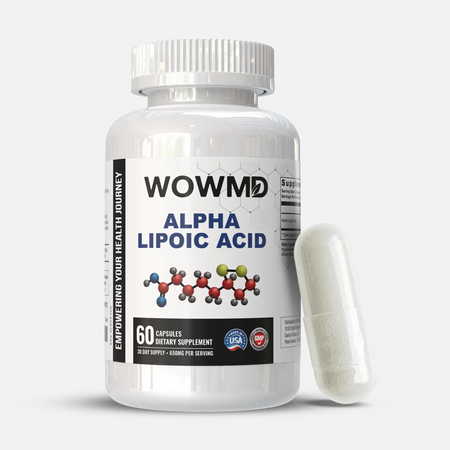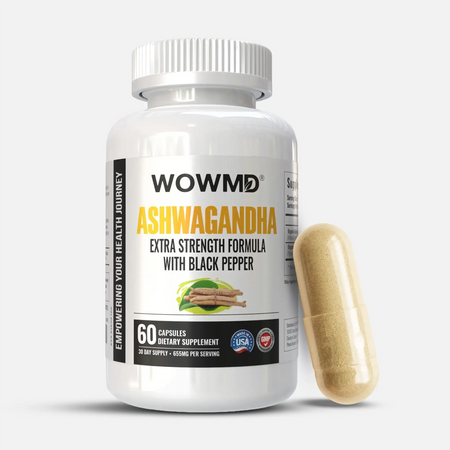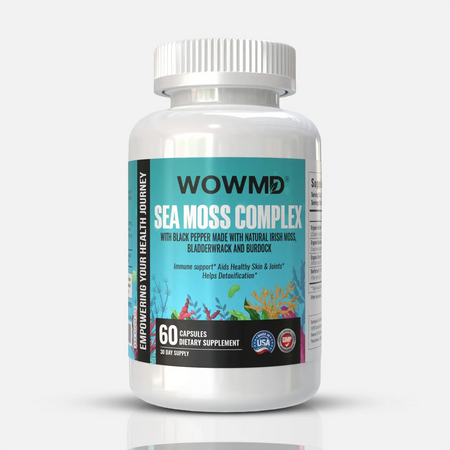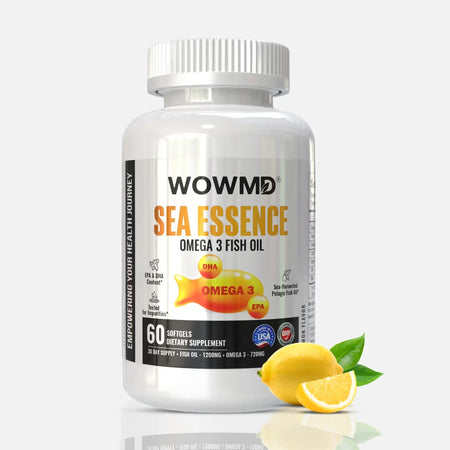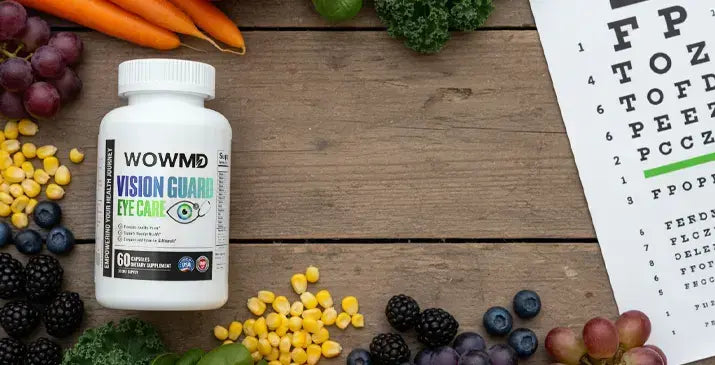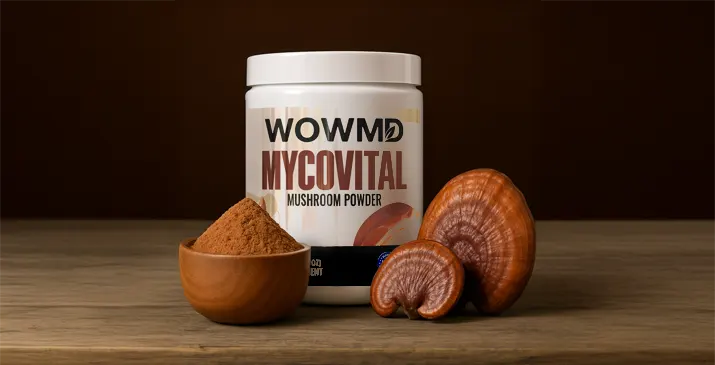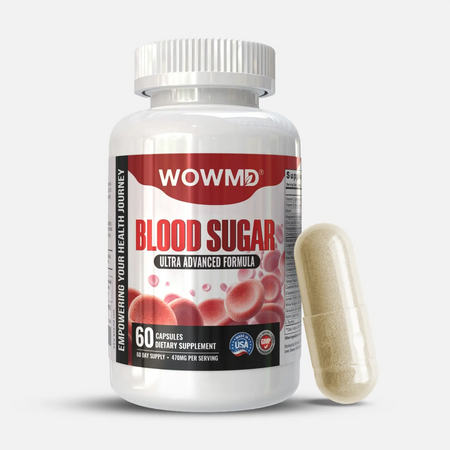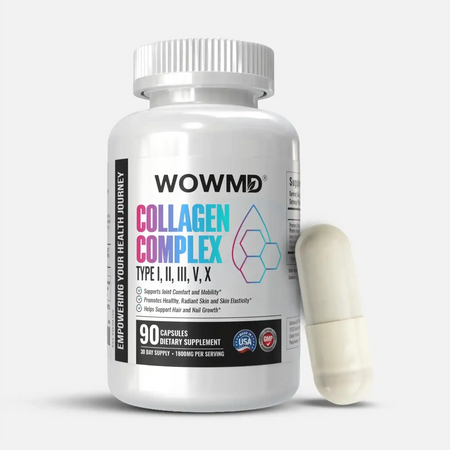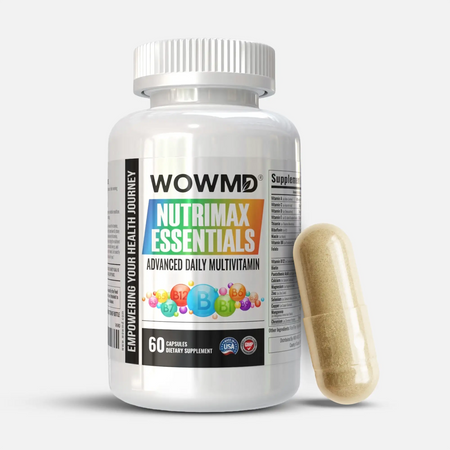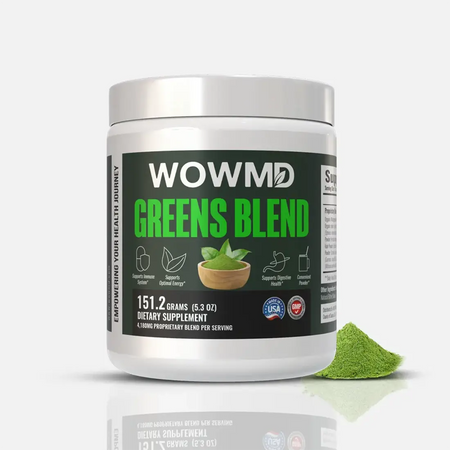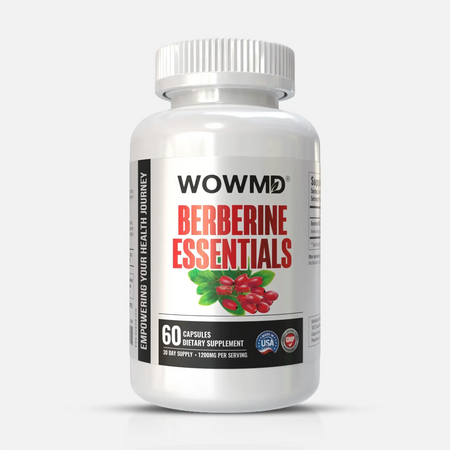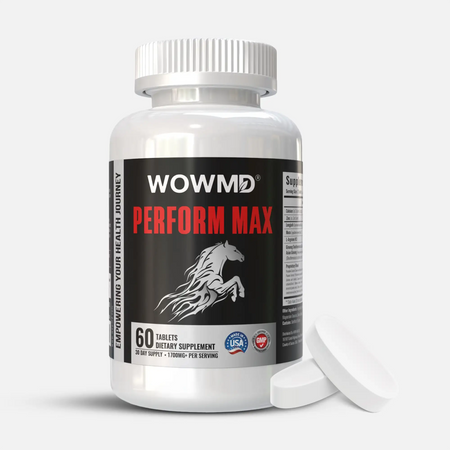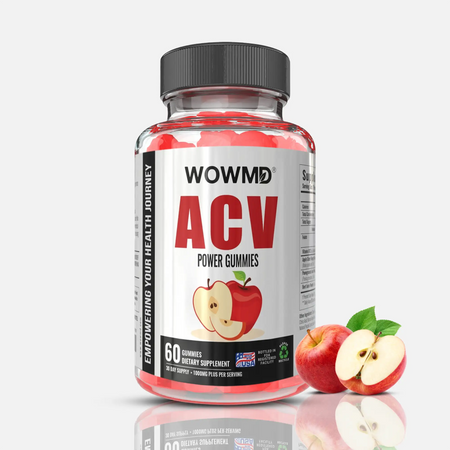Learning About Brain Health
Let's explore brain health, ways to boost intelligence, and how to apply these methods in everyday life.

Are brain supplements safe?
Most brain supplements are generally safe when taken as directed, though some people may experience mild digestive upset or headaches when first starting. Safety concerns primarily arise from potential interactions with medications or underlying health conditions that might be affected by certain ingredients. Always consult with a healthcare provider before beginning any supplement regimen, especially if you have existing health issues or take other medications.

What are the Key Nutrients for Brain Health?
Several key nutrients play vital roles in supporting brain health and cognitive function. Omega-3 fatty acids, especially DHA, play a crucial role in brain development, synaptic transmission, and structural integrity. Folate, Vitamin B12, and Vitamin B6 are essential for the synthesis of neurotransmitters and creating healthy nerve cells. Choline is an important compound used in producing the neurotransmitter acetylcholine used in memory, learning and muscles.

How Can I Maintain Brain Health?
Follow a brain-boosting diet including green leafy vegetables, fruits, whole grains, lean meats and fishes, nuts and seeds with their oils. Exercising has a positive impact on circulation by facilitating the flow of blood and oxygen to the brain and thus postponing the onset of Alzheimer's disease. Partake in activities that help sharpen the brain such as reading, solving puzzles, learning new things, or doing enjoyable hobbies that involve solving problems.
FAQ's
REAL CUSTOMERS. REAL REVIEWS.
Why WOWMD Brain Health Supplements?
Your brain is the command center of your entire body, and maintaining cognitive health is crucial for staying sharp, focused, and mentally active throughout life. WOWMD’s brain health supplements are formulated to provide the essential nutrients that support mental clarity, memory, and cognitive function. With ingredients like Vitamin B6, Vitamin B12, Magnesium, and a powerful proprietary blend including DMAE Bitartrate and Bacopa Extract, our supplements are designed to nourish and support your brain from the inside out.
The combination of high-quality ingredients in our brain supplements helps improve focus, boost memory, and enhance overall cognitive function. Studies from the National Institutes of Health have shown that nutrients, like vitamin B6, play key roles in supporting brain health and may aid in reducing cognitive decline. Our formula also includes the addition of Ginkgo Biloba and Phosphatidylserine, which are known for their ability to enhance mental performance and protect against age-related cognitive changes. Whether you're looking to enhance memory, increase mental clarity, or simply support overall brain health, WOWMD’s brain health supplements are a great addition to your daily wellness routine.
Feel confident in choosing WOWMD, where we prioritize your mental well-being with scientifically backed ingredients that are easy to absorb and effective.
References:
- Vitamin B6 - Health Professional Fact Sheet - https://ods.od.nih.gov/factsheets/VitaminB6-HealthProfessional/
‡May help support brain health those are in search of improving their brain health.†
†These statements have not been evaluated by the Food and Drug Administration. These products are not intended to diagnose, treat, cure, or prevent any disease.
FIND YOUR DAILY ROUTINE
NEED HELP SELECTING WHAT'S BEST FOR YOU?
Why Trust WOWMD?
At WOWMD, our purpose is clear: To deliver products you can trust and results you can feel. We know that when it comes to your health, there’s no room for compromise. That's why we use only the purest ingredients, backed by cutting-edge research, to craft supplements that truly make a difference. Every formula is carefully designed to support your wellness journey—because we believe you deserve nothing less than the best.
Trust isn't just a word for us: It's the foundation of everything we do. We understand that taking care of your health is deeply personal, and we’re here to support you every step of the way. With WOWMD, you're choosing a brand that’s committed to your well-being—not just today, but for the long haul. Let us be your partner in health, providing the reliability and confidence you deserve.


 Alpha Man Power Pack
Alpha Man Power Pack All-Day Fat Burn Trio
All-Day Fat Burn Trio Better Immunity Bundle
Better Immunity Bundle  Calm & Sleep Duo
Calm & Sleep Duo Cognitive Health & Vision Combo
Cognitive Health & Vision Combo Complete Weight Loss Bundle
Complete Weight Loss Bundle Core Vitality Trio
Core Vitality Trio Energy Booster Combo
Energy Booster Combo Focus Fuel Trio
Focus Fuel Trio Glow & Balance Duo
Glow & Balance Duo Health Balance Trio
Health Balance Trio Heart Care Bundle
Heart Care Bundle Joint Health Support Combo
Joint Health Support Combo Men's Immunity & Prostate Health Bundle
Men's Immunity & Prostate Health Bundle Metabolism Boost Duo
Metabolism Boost Duo Natural Skin Care Bundle
Natural Skin Care Bundle Peak Performance Duo
Peak Performance Duo Relax & Recharge Duo
Relax & Recharge Duo Skin Detoxification Bundle
Skin Detoxification Bundle Smart Energy Trio
Smart Energy Trio Stress + Energy + Wellness Combo
Stress + Energy + Wellness Combo  Total Burn Ignite Trio
Total Burn Ignite Trio Total Harmony Pack
Total Harmony Pack Workout Supplements Combo
Workout Supplements Combo
